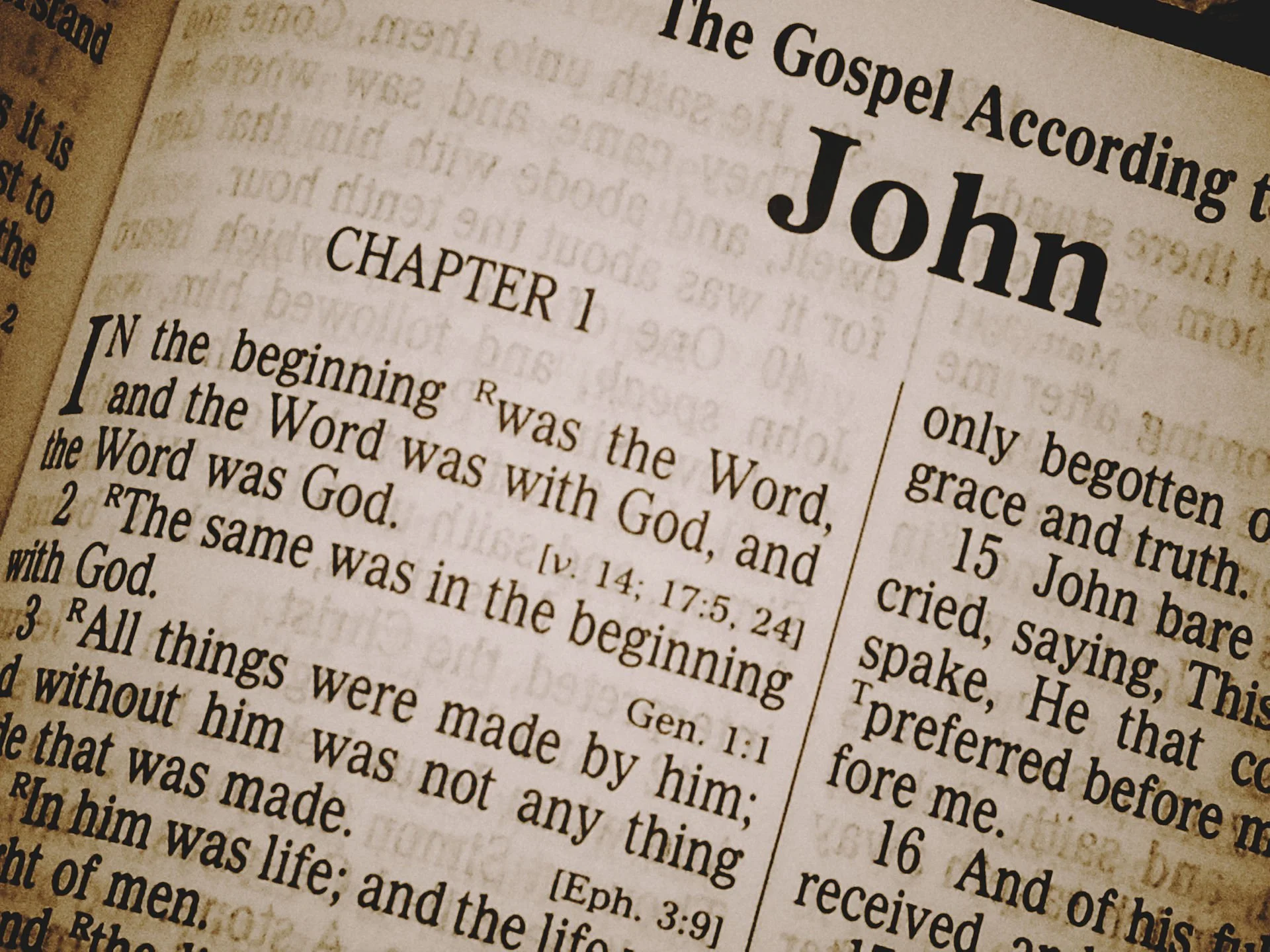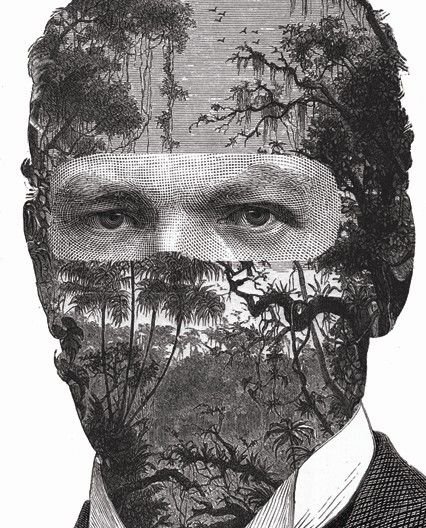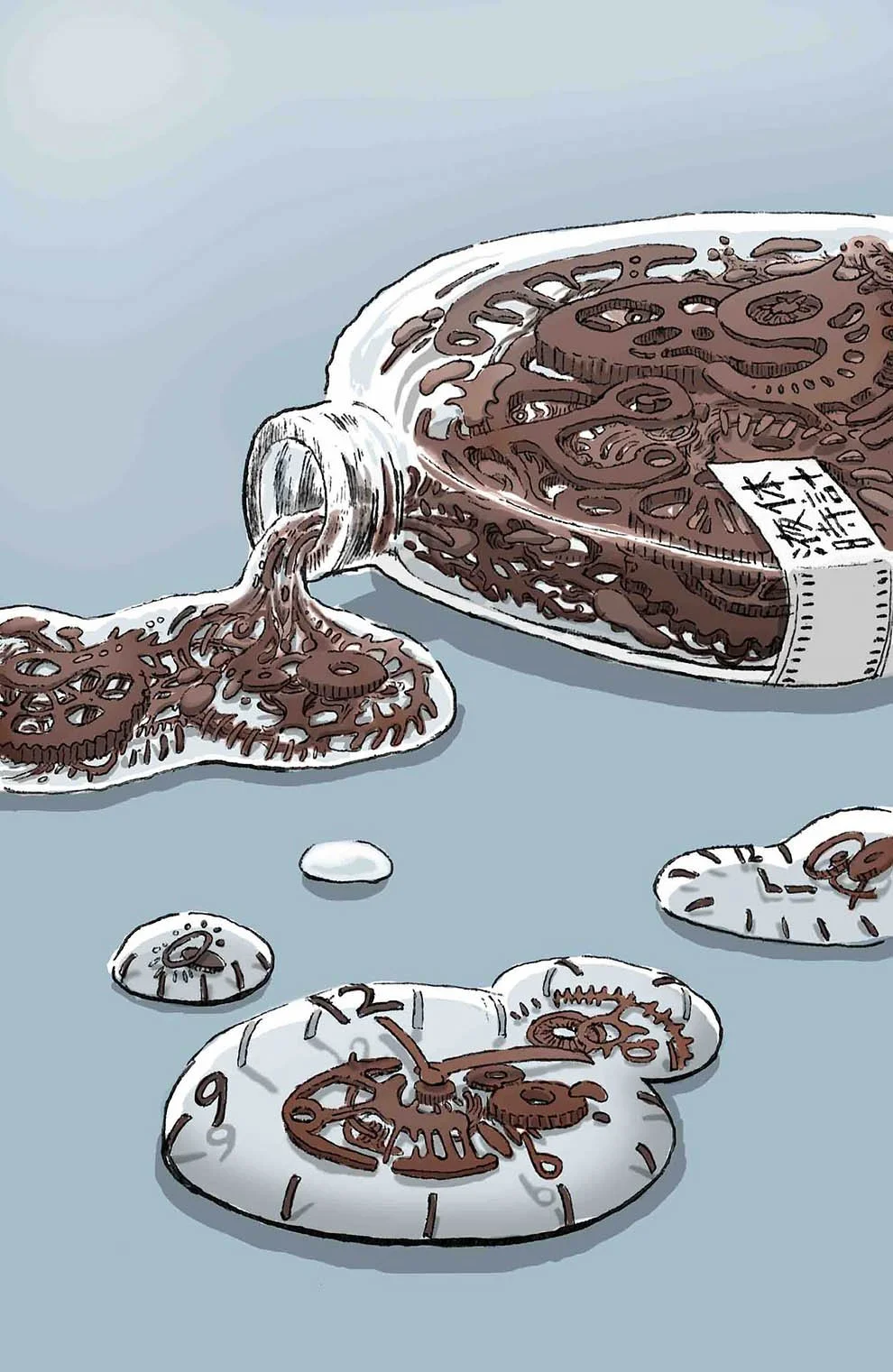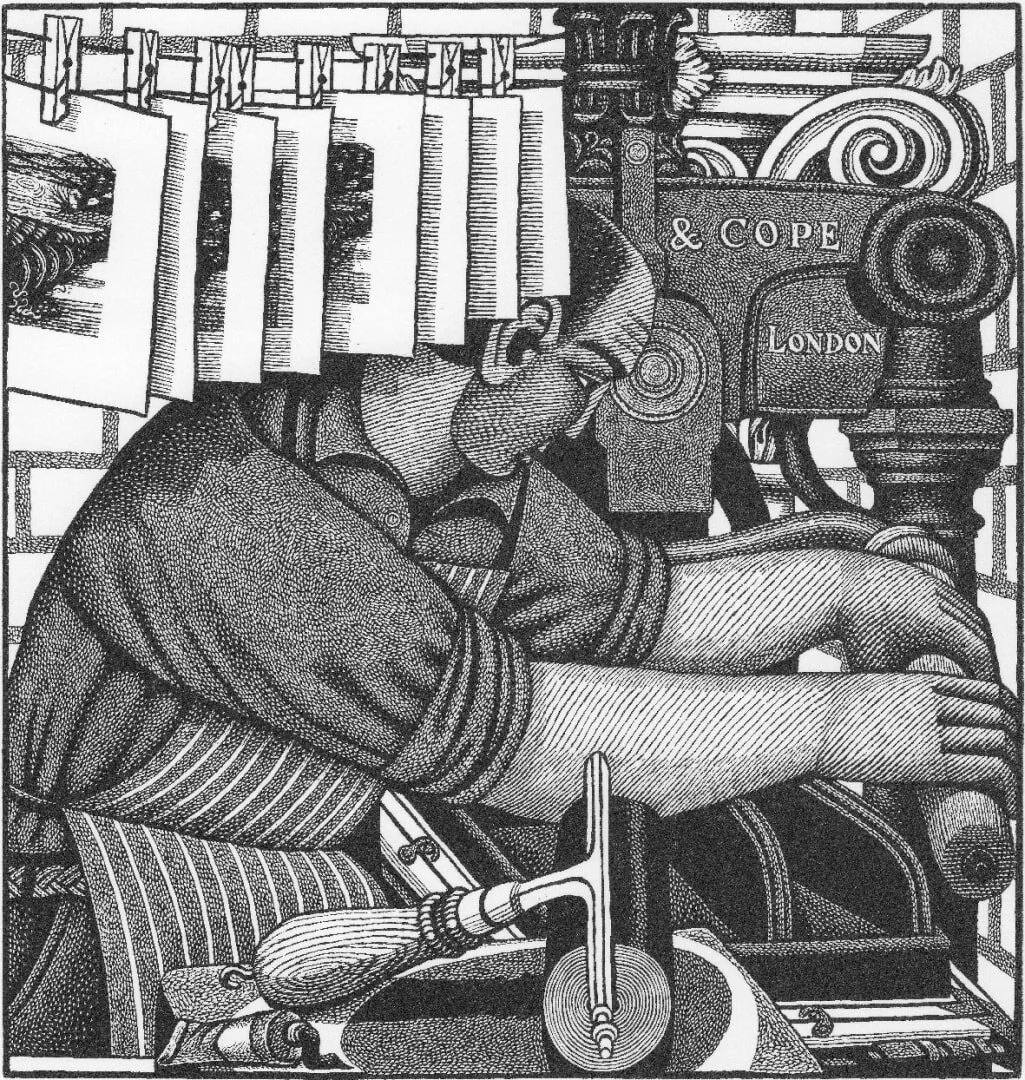Often past achievements become the proverbial golden cage. Especially when the business model generates a stable cash flow. The founder had long understood that it was necessary to, say, develop the American market, but there were a thousand reasons, from not knowing English to operating routines, for not doing anything. Or the company’s development was hindered by a toxic partner, but you didn’t want to exacerbate the relationship. When there is an ambitious vision and no progress, there is dissonance within the founder, manifesting as lack of energy, depression, decision paralysis, conflict, and more.
Because of the war, the founder may find that he is left without assets, customers, and business processes. So the captain, after a shipwreck, looks longingly at the wreckage, nailed to the shore by the wave. But suddenly it dawns on him that it is now that he is truly free. There is nothing else holding him or her back. Fate forces him to break up with a partner, to experiment with a business model, or to end up in the United States. Yes, these changes took him by surprise and happened against his will. But the long-awaited decisions have finally been made, and it is a step forward.
Many religious figures and thinkers have noted that providence does not give us what we want, but what we need. In regard to life in general, it’s hard to accept this overly harsh thought. But in regard to business, it may be true. One founder told me: “I’ve had business disasters before where I thought, ‘This is the end.’ But then, after a while, I would admit, ‘How much this difficult period has made me and the business stronger.
By taking away one thing, reality gives something else in return. By gaining new degrees of freedom, the founder can chart a different route. That means, potentially, to realize his vision in seven years instead of ten, to scale not locally, but globally, so that eventually, in spite of the enemy, to build a prosperous world-scale business with the proud seal “Made In Ukraine”.
Yours sincerely,
-Alexander
You can help Ukraine defend itself and the World from Russian aggression here.
As a business therapist, I help tech founders quickly solve dilemmas at the intersection of business and personality, and boost company value as a result.





















